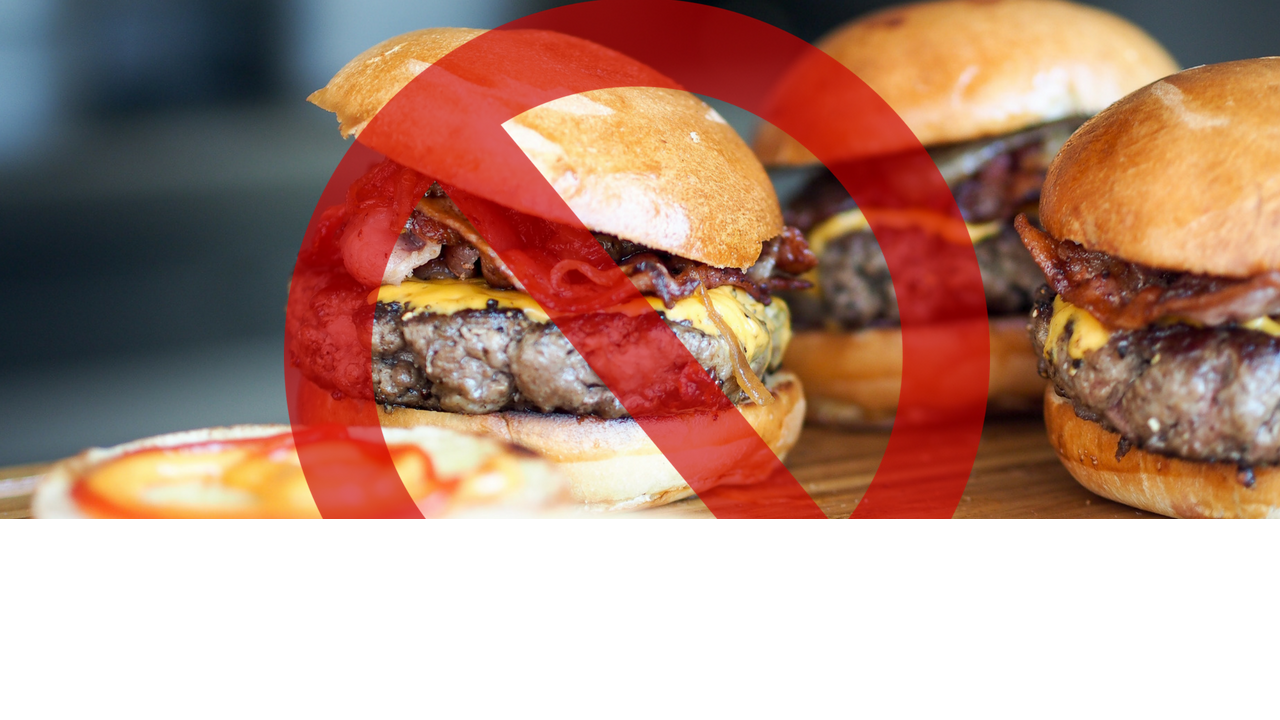- A memo sent out to WeWork employees last week announced that the coworking giant will no longer pay for meat
- The new policy will affect the menu of WeWork’s Summer Festival
- WeWork is going meatless to reduce its environmental footprint
On Friday last week word got out that the coworking giant, WeWork, announced to its employees that it is taking meat off of the company’s menu. The memo, sent by co-founder Miguel McKelvey stated that:
“We have made a commitment to be a meat-free organization. Moving forward, we will not serve or pay for meat at WeWork events and want to clarify that this includes poultry and pork, as well as red meat.”
According to the memo this new policy will help WeWork save 16.7 billion gallons of water, 445.1 million pounds of CO2 emissions, and over 15 million animals by 2023. Not only that, but the new policy will also help WeWork save some money, as it will affect the company’s travel and entertainment expenses. Employees dining out for business purposes will not be reimbursed for meat dishes.
These potential savings will probably be lost in the HR, Finance and Accounting departments who will need to audit and approve every food item for reimbursement of travel and entertainment expense. Example, what do you do with a ‘Brussels Sprouts if they have been cooked with bacon fat?’…And who’s to know anyway?
News with “Beef”
The news hasn’t come without its criticism, and for good reason.
“Greenhouse gas (GHG) emissions from cattle only account for 2% of U.S. GHG emissions whereas landfills emit 2.2%, transportation contributes 25.3%, electricity ranks at 29.7% and other sources (which could include everything from textiles to cell phones to salads) are 40.9%.
“Compared to 1977, today’s beef farmers and ranchers produce the same amount of beef with 33% fewer cattle. This has been accomplished through better animal health, handling, nutrition and genetics. What’s more, this improved efficiency means a 16% lower carbon footprint and far fewer natural resources used for every pound of beef produced, and in the U.S., we produce 18% of the world’s beef with only 8% of the world’s cattle.”
In addition, WeWork will allow seafoods, which are generally overfished and under a lot of pressure globally. So, why not seafood too?
Plus, if WeWork wanted to reduce its environmental footprint, there are other ways in which it can do so, like its recent internal drives to reduce plastic usage and redistribute was food from its events. WeWork could easily implement a policy where it will only open locations in buildings with LEED or WELL certification.
But the new policy seems to want to dictate employees, landlords, and customers’ lifestyles.
Slate called the new policy “tyrannical”, arguing that:
“It’s arrogant paternalism of the highest order for a billionaire American co-founder, one whose own personal carbon footprint is surely in the top 0.1 percent of global citizens, to impose his own preferred environmental solution on thousands of employees who were probably doing much better than he was, on that front, all along. (McKelvey is building a multimillion-dollar mountaintop house in Utah.)
“The edict sends a clear message about the top-down structure of the company: The co-founders are happy telling the rest of the company how to live and work, and don’t require any kind of broad-based buy-in before doing so.”
WeWork is concerned about the environment; but what about its employee and community’s wellbeing and health? Our diets greatly influence our health, and while many claim becoming a vegan or vegetarian is good for us, medical studies and reports have found the contrary to be true. Vegetarians and vegans tend to have lower BMIs; but being skinnier than the average Joe doesn’t necessarily mean one is healthy.
One such study found that “a vegetarian diet is related to a lower BMI and less frequent alcohol consumption. Moreover, our results showed that a vegetarian diet is associated with poorer health (higher incidences of cancer, allergies, and mental health disorders), a higher need for health care, and poorer quality of life.”
Additionally, studies have found that vegetarians are more susceptible to suffer from depression than meat eaters. Both the above and this could have a negative impact on employees’ performance and productivity, which would lead to overall negative company performance.

 Dr. Gleb Tsipursky – The Office Whisperer
Dr. Gleb Tsipursky – The Office Whisperer Cat Johnson – Coworking Marketing Maven
Cat Johnson – Coworking Marketing Maven Angela Howard – Culture Expert
Angela Howard – Culture Expert Drew Jones – Design & Innovation
Drew Jones – Design & Innovation Andrea Pirrotti-Dranchak – Competitive Advantage
Andrea Pirrotti-Dranchak – Competitive Advantage Jonathan Price – CRE & Flex Expert
Jonathan Price – CRE & Flex Expert Jeremy Fennema – Tech Innovation Alchemist
Jeremy Fennema – Tech Innovation Alchemist







